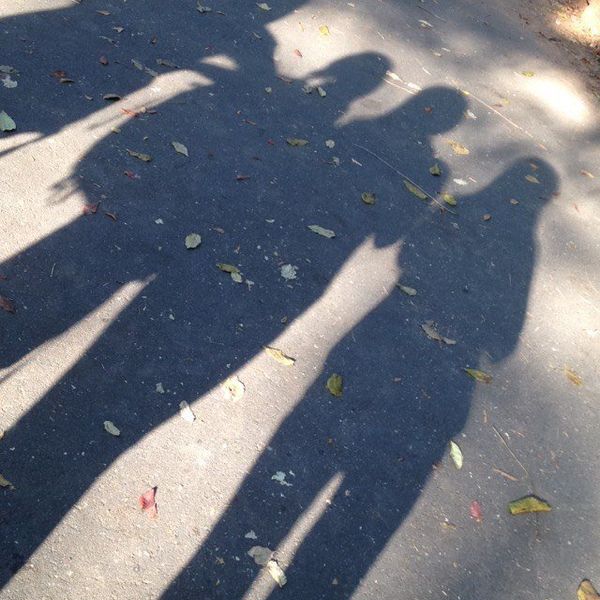When I look up the word "home" in my iTunes library, I always find that the list increases as time passes. If I do the same thing 6 months from now, I’ll bet it will be 8-10 songs longer. Asking the questions “Where are you from? What do you call home?” has become synonymous with millennials, trying to find their footing in a world that only seems to be whizzing past everyone’s eyes.
I was very clear about my identity 'til I was 18 — I was an Indian kid, from Mumbai, raised in Muscat, Oman. There’s a brochure from my university in an admissions office somewhere with my smiling face plastered next to my name, below which it clearly mentions "Mumbai, India/Muscat, Oman." If nobody got the clue that I’ve spent my entire life with my feet placed in two different countries and the Arabian Sea in the middle, this is the biggest one out there. The more I met people as I studied and traveled, the more those questions bothered me. Most people I met had answers like I did — "I’m from here but there too" — but nobody was confused when the follow-up question of "Where do you consider you’re from? Which place do you identify with most?" came up. I, on the other hand, have always had a very long-winded answer to that follow-up question, because what I thought of as my identity had suddenly become too vague for people. It was like, "Where are you from? Make a decision."
Being an Indian in the Middle East is simply strange — but not in a bad way, just in that way when things are a little wrong but completely manageable. In that way when you know you’ve got a problem but you also know that it will sort itself out with time. Growing up Indian in the Middle East means you go to an Indian school, have Indian friends and meet Indian people in associations created by Indians belonging to a particular state of India. I hail from the state of Maharashtra in India and I only ever met Marathi people, who became our family friends and with whom dinners over the weekend became a regular affair. Indian culture is difficult to summarize and very state-specific, making this kind of segregation quite normal. Being Indian in the Middle East also means you don’t mix with the locals — not because you don’t want to, but because your folks will not know any locals apart from the ones they meet at work, so that’s how it is, no questions asked. After living within the insularity of such a community in a country you know isn’t really yours, being thrown into a multicultural community throws your equilibrium off. That’s where the identity crisis begins — I was one thing all this while but now I’m this, too? Wait, now I have to explain this differently? How does this make sense?
My identity crisis was amplified when I went to America for the first time, where I met Indian-Americans who exclusively identified as American, down to the city and town they were raised in. Indians who were raised outside India were secure in their identities as belonging to the countries they were raised in, and here I was, lost about where I belonged. I believe this identity crisis really stems from the sense of belonging a place cultivates. The Middle East is quiet, its culture familial yet extravagant, its people warm yet reserved. While it welcomes you in, the knowledge that it is not a place you will live in forever is not lost on its expatriates. It is a pit stop — it feels like a pit stop, an interim period, before moving to a new place or moving back. Though it is teeming with a mix of cultures and a rise in modernity externally, the primary culture prevails.
An identity crisis is not a bad thing — it’s a place of discovery and re-discovery of who you really are and what makes you unlike other people. It’s the source of creating a sense of what you want to be, of what you would like to be seen as. Often in the discussion of what entails identity, we don’t factor in the places we come from and the communities we were raised in. We rarely ever consider the places that make us significant and different worthy of attention. While identity is definitely constructed out of the things you do, it is also a product of where you belong and where you think you belong. While I still remain confused about whether I’m from India or Oman, and believe I always will be, I’m grateful for the confusion. Not only does it start great conversations, it also gives me a reason to chase after how I define and re-define who I am.





















